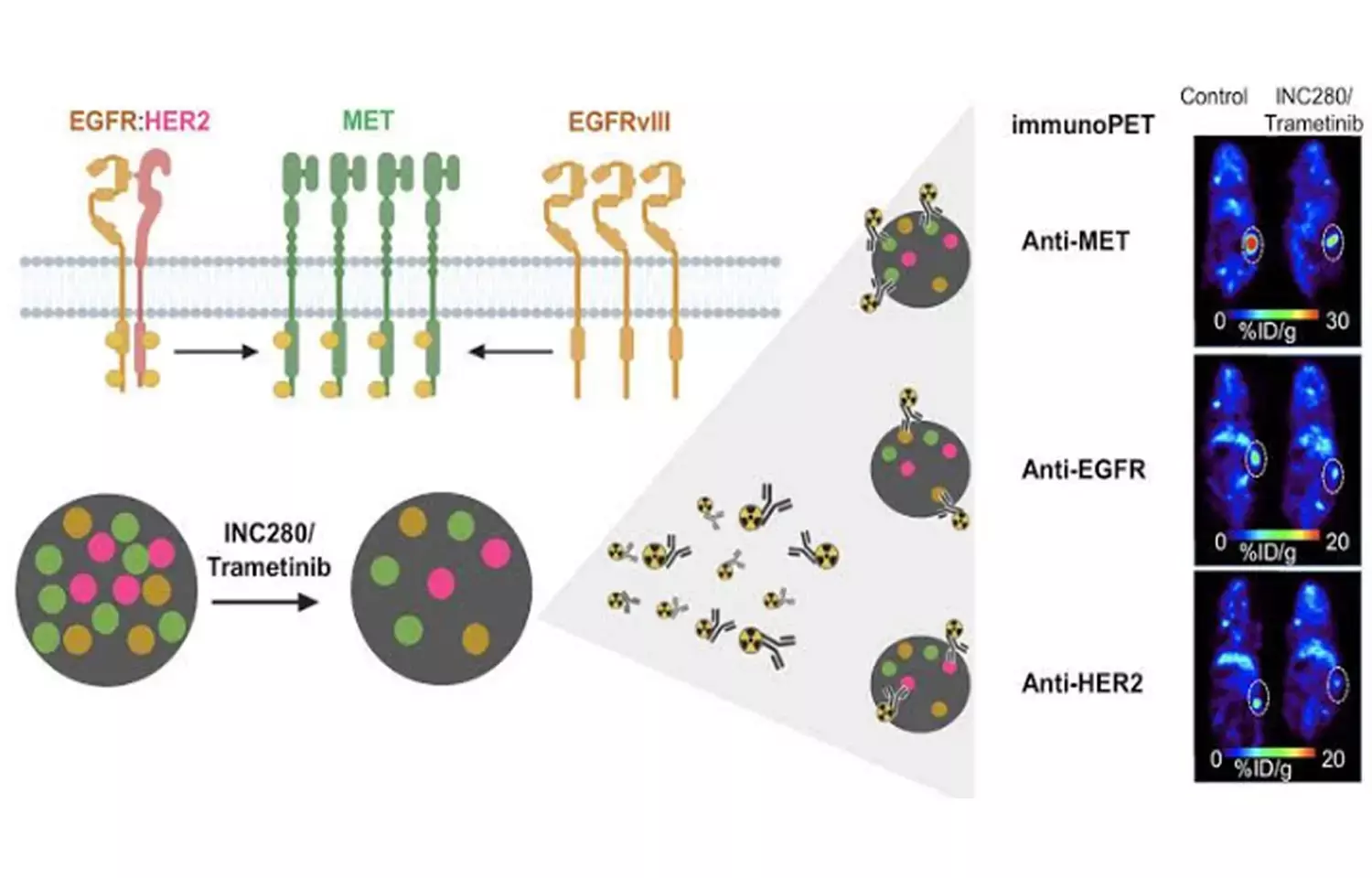- Home
- Medical news & Guidelines
- Anesthesiology
- Cardiology and CTVS
- Critical Care
- Dentistry
- Dermatology
- Diabetes and Endocrinology
- ENT
- Gastroenterology
- Medicine
- Nephrology
- Neurology
- Obstretics-Gynaecology
- Oncology
- Ophthalmology
- Orthopaedics
- Pediatrics-Neonatology
- Psychiatry
- Pulmonology
- Radiology
- Surgery
- Urology
- Laboratory Medicine
- Diet
- Nursing
- Paramedical
- Physiotherapy
- Health news
- Fact Check
- Bone Health Fact Check
- Brain Health Fact Check
- Cancer Related Fact Check
- Child Care Fact Check
- Dental and oral health fact check
- Diabetes and metabolic health fact check
- Diet and Nutrition Fact Check
- Eye and ENT Care Fact Check
- Fitness fact check
- Gut health fact check
- Heart health fact check
- Kidney health fact check
- Medical education fact check
- Men's health fact check
- Respiratory fact check
- Skin and hair care fact check
- Vaccine and Immunization fact check
- Women's health fact check
- AYUSH
- State News
- Andaman and Nicobar Islands
- Andhra Pradesh
- Arunachal Pradesh
- Assam
- Bihar
- Chandigarh
- Chattisgarh
- Dadra and Nagar Haveli
- Daman and Diu
- Delhi
- Goa
- Gujarat
- Haryana
- Himachal Pradesh
- Jammu & Kashmir
- Jharkhand
- Karnataka
- Kerala
- Ladakh
- Lakshadweep
- Madhya Pradesh
- Maharashtra
- Manipur
- Meghalaya
- Mizoram
- Nagaland
- Odisha
- Puducherry
- Punjab
- Rajasthan
- Sikkim
- Tamil Nadu
- Telangana
- Tripura
- Uttar Pradesh
- Uttrakhand
- West Bengal
- Medical Education
- Industry
Immuno-PET can give physicians early insight into tumor response to targeted therapy

Reston, VA - Immuno-positron emission tomography (PET) imaging can provide early insight into a tumor's response to targeted therapy, allowing physicians to select the most effective treatment for patients who have cancer. The new research was published in the March issue of The Journal of Nuclear Medicine.
The research showed that immuno-PET successfully visualizes changes in different cancer receptors (receptor tyrosine kinases, or RTKs) within tumors during targeted therapies. This gives physicians a tool that can be used to evaluate the effectiveness of a treatment soon after its administration.
"When healthy cells turn into cancer cells, there is a disruption in the RTK signaling. This makes RTKs a valuable therapeutic and imaging target," said Patricia Pereira, Ph.D., a research associate at Memorial Sloan Kettering Cancer Center in New York, New York. "Techniques that allow for real-time monitoring of RTK dynamics, such as immuno-PET, could be very beneficial in informing treatment choice and predicting response."
Immuno-PET uses a "tracer" to follow an antibody directed to a specific tumor. This allows physicians to obtain images of events happening at the tumor site and provides information into whether the tumor responds to the treatment. The physician can then visualize how the tumor is responding.
In this study, researchers used immuno-PET and three different antibodies to visualize three RTKs (MET, EGFR, and HER2) in a kidney tumor. Their results confirmed that immuno-PET visualizes RTKs in ways that determine the level of protein within a tumor. After administering a treatment, immuno-PET can detect changes in RTK levels that indicate whether a tumor is responsive to that treatment.
"Precision medicine involves the identification of certain gene mutations and expressions, as well as other features, that contribute individual tumor signatures," noted Pereira. "Our study shows that immuno-PET is a powerful technique to document RTK changes and predict tumors' response to targeted therapies.
https://jnm.snmjournals.org/content/62/3/366
Hina Zahid Joined Medical Dialogue in 2017 with a passion to work as a Reporter. She coordinates with various national and international journals and association and covers all the stories related to Medical guidelines, Medical Journals, rare medical surgeries as well as all the updates in the medical field. Email: editorial@medicaldialogues.in. Contact no. 011-43720751
Dr Kamal Kant Kohli-MBBS, DTCD- a chest specialist with more than 30 years of practice and a flair for writing clinical articles, Dr Kamal Kant Kohli joined Medical Dialogues as a Chief Editor of Medical News. Besides writing articles, as an editor, he proofreads and verifies all the medical content published on Medical Dialogues including those coming from journals, studies,medical conferences,guidelines etc. Email: drkohli@medicaldialogues.in. Contact no. 011-43720751


